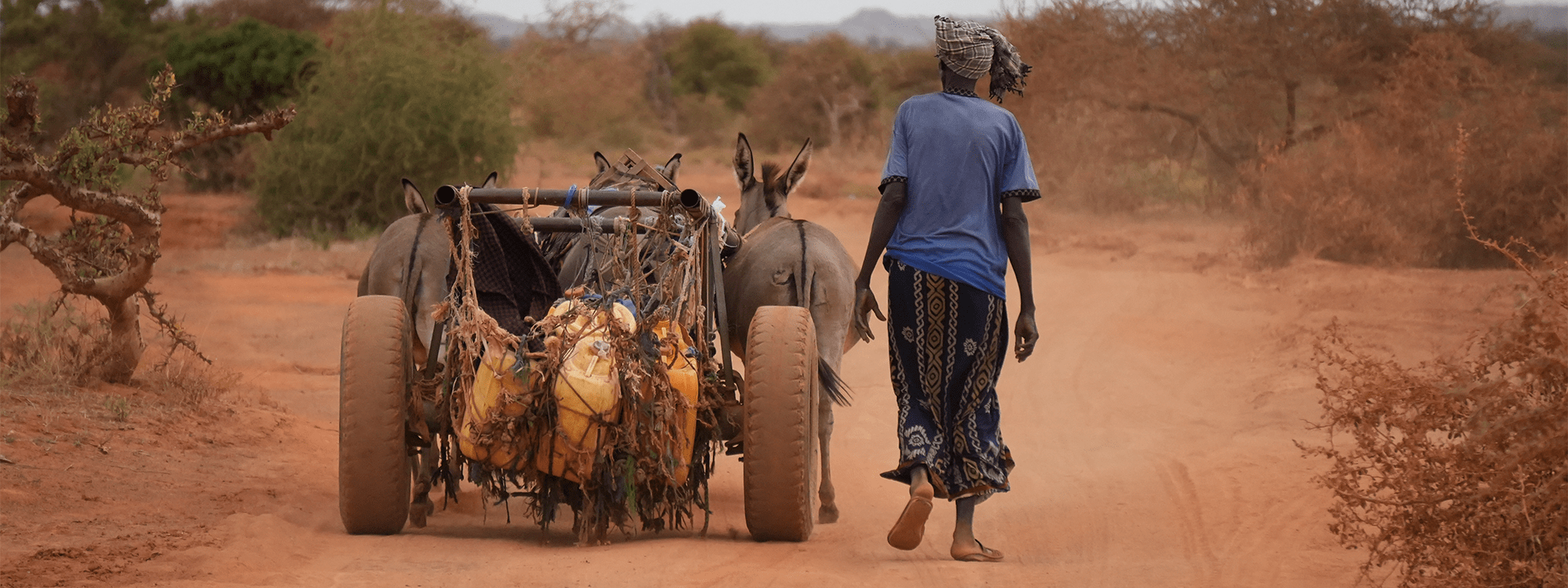June 10, 2024 (Ethiopia, Kenya): Since February 2021, the Intergovernmental Authority on Development (IGAD) through its Land Governance Unit (LGU) with financial support from the Embassy of Switzerland in Ethiopia has been implementing ‘Strengthening Regional Convergence through Inclusive and Conflict Sensitive Land Use and Management in the Somali/Mandera Cluster’ project.
The project covered the areas of Mandera County of Kenya, Somali Regional State of Ethiopia, and Gedo Region of Jubbaland State of Somalia. It aimed at promoting alternative land dispute resolution mechanisms in the Somali Cluster, improving the region’s capacity for gender-responsive and conflict-sensitive land administration and promoting inclusive and participatory rangelands and urban planning to secure land rights for all.
Through various innovative and strategic approaches, several activities have been undertaken targeting cross-border areas while addressing Member States’ specific priorities in land governance. This effort aligns with H.E. Dr. Workneh Gebeyehu, #IGAD Executive Secretary’s, vision of bringing IGAD closer to the people.
Dr. Peris Mangi’ra, Ag. National Director of Physical Planning, State Department for Lands and Physical Planning highlighted that: ‘The project has contributed towards our efforts of providing technical support to Counties and fulfilling our Constitutional mandate. The project is also aligned with the National Land Use and National Land Policies and supports activities planned in the Mandera County Integrated Development Plan (CIDP).’
The IGAD’s Planning, Coordination, and Partnerships Division (PCBD) together with the Land Governance Unit conducted the internal end of project evaluation to assess the progress of activity implementation, track the results obtained so far and engage with the Member States and another key stakeholder to discuss the lessons learned and effective approaches to maximize impact and sustainability.
This evaluation process focused on the entire implementation period (2021 -2024) where key informants including Directors of relevant government departments dealing with land at national and regional/County levels, religious leaders, Swiss Development Corporation (SDC), and other stakeholders have been interviewed on the effectiveness of the implementation strategy and the results achieved. This included the implementation modalities, roles, and responsibilities of implementers including the Member States, IGAD, and other partners that have financed the interventions, coordination, partnership arrangements, institutional strengthening, beneficiary participation, replication, and project sustainability.
Mr. Gifawosen Tesema, Coordinator of the Pastoral Area Development Initiative, Ministry of Agriculture, Ethiopia said that: ‘The project is well aligned with the Federal Democratic Republic of Ethiopia’s land governance priorities, particularly the focus on natural resource management of shared resources and women land and property rights in cross border pastoral and agro-pastoral areas. The project needs to conduct more stakeholder mapping and adequate risk analysis to fast-track activity implementation at local levels.’
The preliminary results of the evaluation showed that the project managed significant success rate in activities implementation. It was proved that the project was anchored to various national and sub-national policies and aligned to major strategic priorities of Member States. The project mainly used existing internal competencies at national/ federal levels to leverage capacities of technical experts at sub national levels during implementation of activities. The strong working relationship created was instrumental in strengthening the relationship between local and national/ federal governments and promote evidence-based processes that are grounded by local realities. The project is also successful in building capacity of stakeholders and ensuring strong community participation resulting in high ownership by local governments and communities.
Despite the notable achievements, the project was highly challenged by insecurity, frequent and extreme weather conditions, inconsistent communication and delays in logistics during field activities. The project could not also implement interventions in the Gedo region of Somalia as initially planned. Major lessons were also learnt to inform cross country programming including the importance of strong public participation in all stages of project planning and execution, need for ensuring women representation in land issues at all levels, the cluster approach promotes cross country learning and scaling up of best practices and regional organizations like IGAD play significant roles in setting up and rolling out of regional interventions. More importantly, it is evident that the project can be among the pioneer cross-border initiatives of IGAD to showcase that it’s indeed possible to take IGAD to the people through establishing consistent and strategic engagement with communities, local and national governments and other stakeholders. However, this requires establishing comprehensive institutional frameworks and reliable engagement modalities at all levels.

